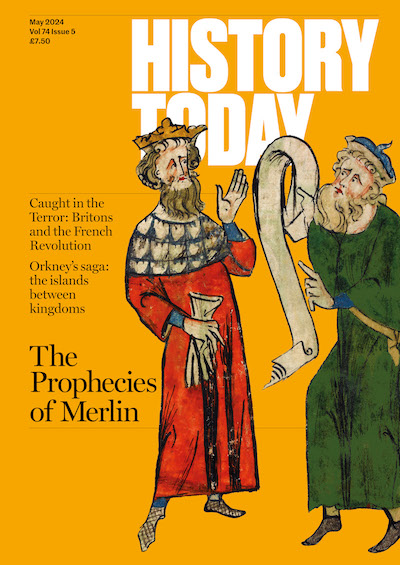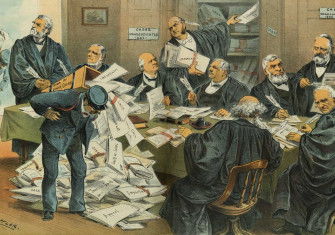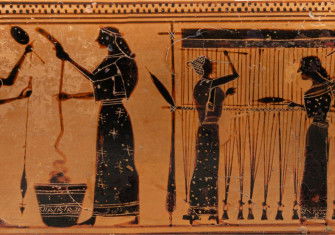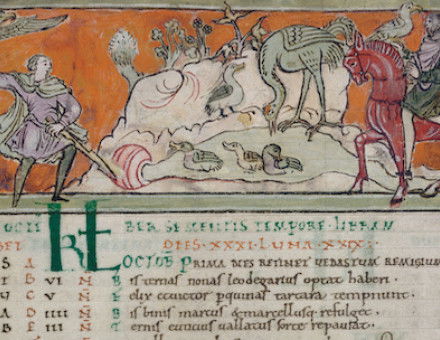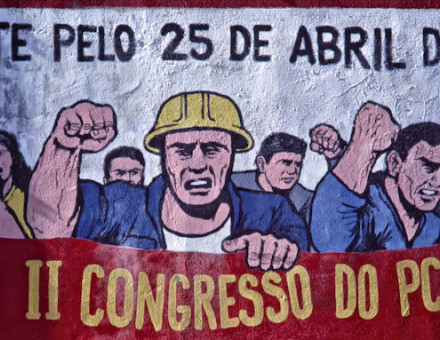Power and Populism in Ancient Greek Courts
In ancient Greece the ‘least dangerous’ branch of government – the courts – wielded serious political power.

A rule of all modern constitutions is that courts should remain apolitical. In reality, however, separation of powers is an ideal, not a fact. Trials should not be popularity contests, nor should elections be litigated – but this can be a hard separation to achieve. While Donald Trump argues that his prosecutors are making his case political and might even pardon himself if re-elected, he is not the only politician blurring the line between executive and judicial power. This situation would be recognisable to the ancient Greeks.

